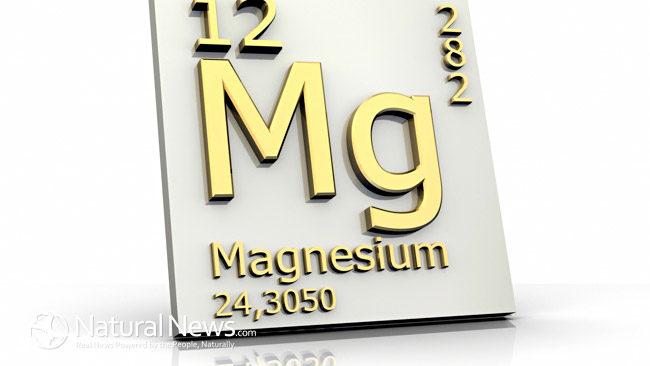Colon cancer remains one of the most common forms of cancer, especially in the aging population. There are protocols for people to undergo colonoscopies after age 50, but few people are compliant with this and often, by the time the colon cancer is detected, it is well-advanced and there are fewer options for treatment. At this point, removal of the colon is sometimes required and patients then must use a colostomy bag for the rest of their lives – and this is no guarantee that the cancer will not return.
There is, however, emerging evidence that magnesium supplementation might offer a natural, effective way to reduce the risk of colon cancer development. Read on to find out more about the latest studies.
Latest Research from the Netherlands
What has people talking about magnesium in relation to colon cancer prevention is a two-part study that has come out from researchers in the Netherlands that studied magnesium intake in their participants. The first part of the study, involving some 1,500 people uncovered that fact that, for every 100mg of magnesium taken, there was 19% reduction in risk of cancerous development in the colon. However, this only held true for patients who were overweight or obese, or at least 55 years of age and who already had an advanced colorectal condition.
The second part of the study involved an analysis and review of multiple studies conducted in the past to see what patterns emerged from former research. This meta-analysis found that for the general population, an extra 100mg of magnesium a day reduced the chances of developing colon cancer by 13% and also that the greater the intake of magnesium, the more the risk was reduced.
Magnesium Therapy for Other Forms of Cancer
Magnesium appears to be an effective treatment in regards to other forms of cancer as well. A recent study, also out of Europe, which followed 142,203 men and 334,999 women for over a decade, found that for every 100mg of magnesium taken regularly, there was a reduction in risk of 21% for contracting pancreatic cancer. This correlated well with an earlier study which found that men with the highest intake of magnesium had the lowest risk for development of this particular form of cancer. However, it should be noted that for both studies, this correlation only held true for those who were overweight or obese.
More on Magnesium
It is not surprising that magnesium can play such an important role in cancer prevention: it is a vital part in over 300 chemical processes which take place in the body and is present in every single cell. Low magnesium levels have been linked in the past with increased risk of cancer development; people most at risk for these low levels include the elderly, alcoholics, and those with digestive conditions like Crohn’s disease. However, most Americas do not get adequate amounts of magnesium in their diet and while supplementation is an option, getting it through good dietary choices is considered to be the best way.
In conclusion, people who are looking for a natural way to help prevent colon and other forms of cancer should consider a high-magnesium diet with or without supplementation to guard against the development of this serious disease.
Sources: nutraingredients.com, nutraingredients-usa.com, ncbi.nlm.nih.gov
More by Christine . S





